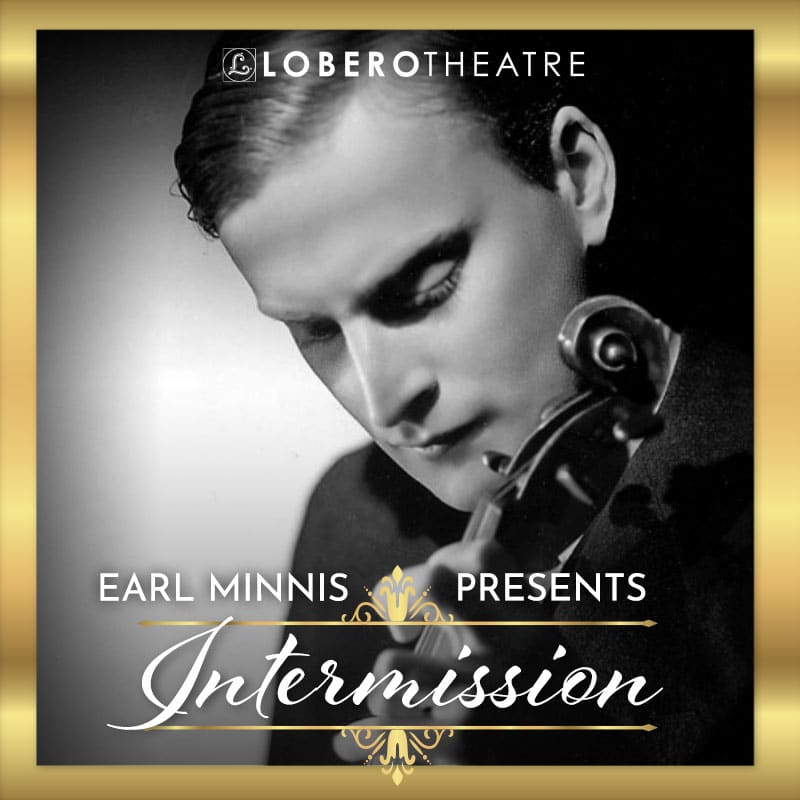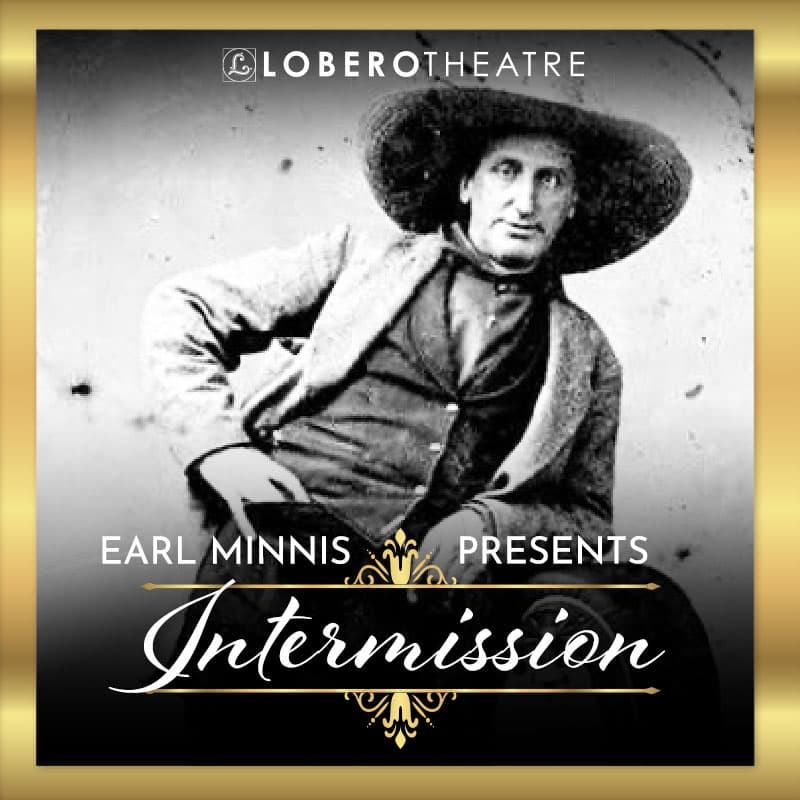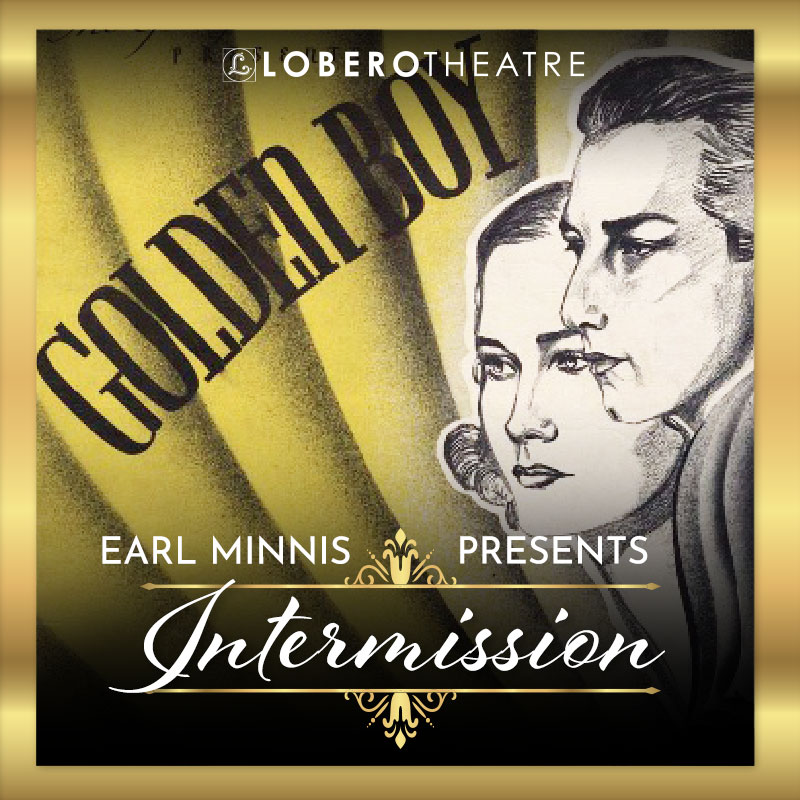On this day in 1943, 27-year-old violin prodigy Yehudi Menuhin stepped onto the Lobero stage with his 1733 “Prince Khevenhüller” Stradivarius and mesmerized the audience with his flamboyant virtuosity.
His Lobero concert was one of just 3 appearances in California after returning from a wartime visit to England where he had spent six weeks playing at munitions factories and performing concerts for American and British troops.
Yehudi Menuhin was born in 1916 in New York City to Lithuanian Jewish parents and was one of the most publicized musical child prodigies of the 20th century. Menuhin made his solo debut at the age of 7, playing with the San Francisco Symphony Orchestra. By the time he was 12, he had performed in New York, Paris, Berlin, and London.
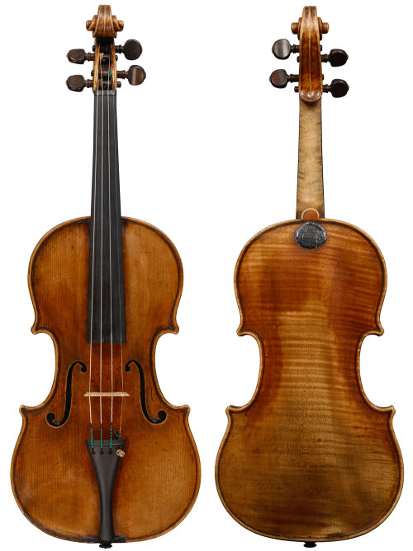
As Strings Magazine explained,
“Menuhin was one of history’s great prodigies, a fundamentally open and intuitive player, who some listeners felt came close to the divine—as if he didn’t just perform music but ‘channeled’ it. Menuhin had an instantly recognizable tone, deeply personal at all times. From the first note he played, his vibrato communicated a kind of emotional involvement that seemed to transcend the specific music he was playing.”
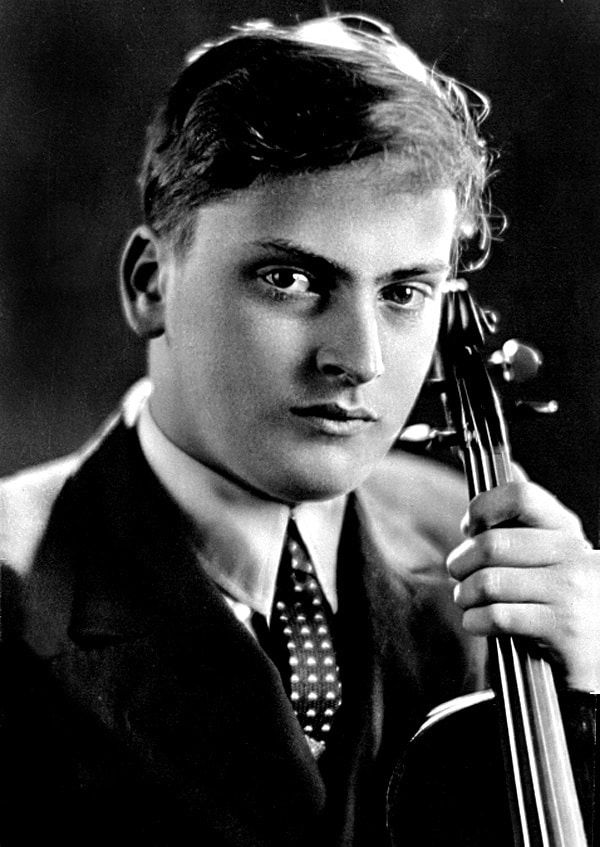
Yehudi Menuhin was one of a gifted generation of violinists who rose to prominence in the early 20th century – a list that included Jascha Heifetz, Nathan Milstein, David Oistrakh, and Isaac Stern. But a quality that distinguished Menuhin from his colleagues and that forms an important part of his historical legacy, was his deep and abiding interest in humanitarian work.
During World War II, Menuhin spent much of his time in Europe – and performed 500 concerts for Allied troops. Troops responded so enthusiastically to his playing that in the summer of 1944, General Eisenhower cabled Menuhin’s manager from Supreme Headquarters, stating, “We request that you definitely cancel all arrangements for Menuhin concerts up to and including 13 October. His presence in Europe with fighting troops at this critical juncture of the war is essential in its effect upon their morale.”
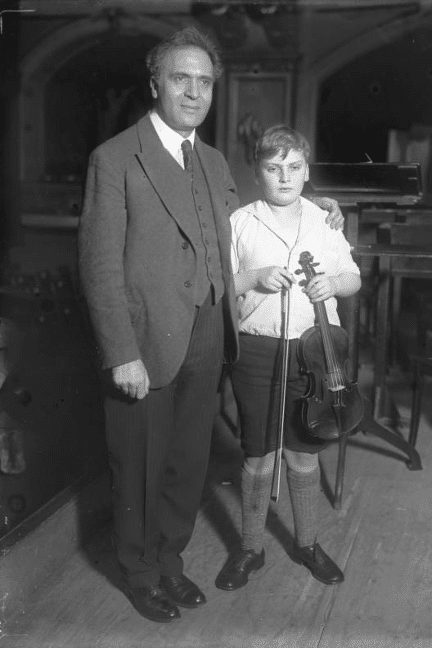
In July 1945, Yehudi Menuhin traveled to Germany with English composer Benjamin Britten, and the two performed for the surviving inmates of the Bergen-Belsen concentration camp after its liberation in April 1945.
Sources:
- https://stringsmagazine.com/a-great-among-greats-where-does-henryk-szeryngs-technique-style-fit-within-his-generation/
- https://www.menuhin.org/
- https://www.abc.net.au/classic/programs/legends/legends/12112626
- https://en.wikipedia.org/wiki/Yehudi_Menuhin
